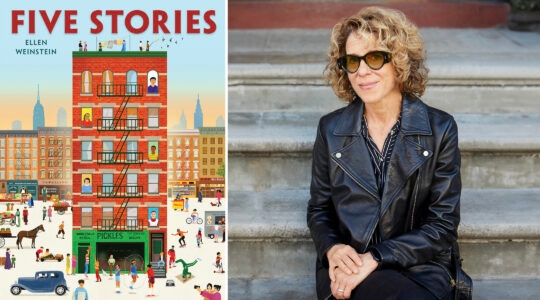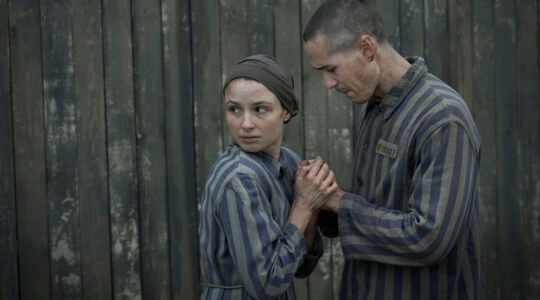Scott Roeder, the killer of abortion doctor George Tiller, observed Sabbath from Friday night through Saturday, according to his ex-wife. But he apparently was part of a church based on the Old Testament, and not Jewish. Here’s an AP story interviewing his ex-wife:
Scott Roeder’s family life began unraveling more than a decade ago when he got involved with anti-government groups, and then became "very religious in an Old Testament, eye-for-an-eye way," his former wife said …
Lindsey Roeder said from her home in a Kansas City suburb that the early years of the marriage were good and that Scott Roeder worked in an envelope factory. But she said he moved out of their home after he became involved with the Freemen movement, an anti-government group that discouraged the paying of taxes.
He then became involved with a church based on the Old Testament, but she said she did not know much about its beliefs. She thought it was strange when he showed up Friday to take their son out to dinner and to see the movie "Star Trek."
"That’s his Sabbath," she said. "So we wouldn’t usually see him on a Friday or Saturday. … I think now, that he was saying goodbye."
David Gibson, a Catholic blogger at Beliefnet, writes that Roeder was probably involved with a radical Christian movement:
Perilous to speculate of course but I won’t be surprised if it emerges that Roeder was involved in some kind of Christian Reconstructionist group, or the Christian Identity movement, or influenced by those beliefs. These groups rarely have "churches," per se, or broader communities which could temper (or inflame, I suppose) extremist views. That’s problem: folks like Roeder keep it bottled up, for the most part, occasionally let off some steam. So friends and family express "shock" when they go off the deep end.
For good background on these radical Christian movements, read a 1998 Southern Poverty Law Center paper here:
"The militant anti-abortion movement is driven by three different but overlapping theologies that motivate violence: Christian Reconstructionism, Christian Identity and apocalyptic Catholicism. To understand this movement’s increased militancy and its goal of instituting a theocracy — a goal that by definition means ending democracy — it is necessary to examine these three ideological strands."





